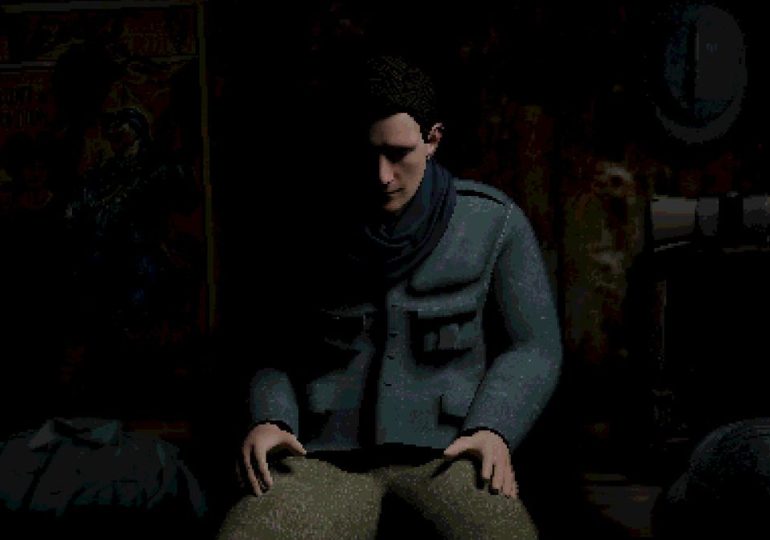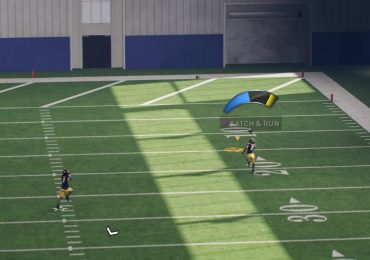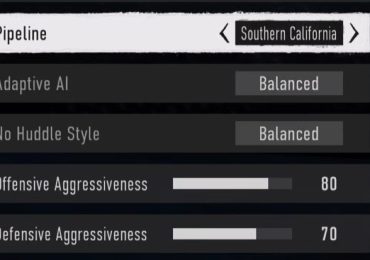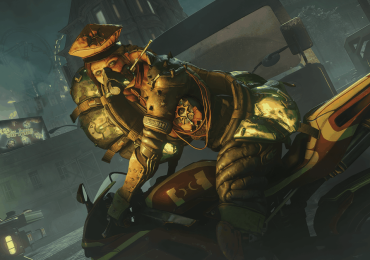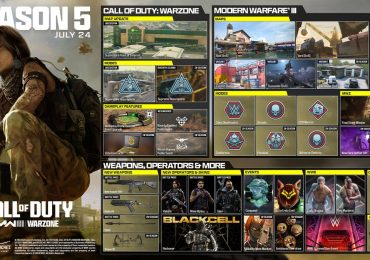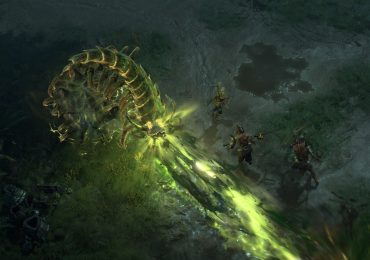The first World War is often given short shrift when it comes to its place in Americans’ cultural memory, especially compared to World War II. The reasons for this are as myriad as they are obvious; World War II has a clearly definable antagonist in the form of the Axis Powers led by Nazi Germany, while World War I could be more aptly described as a cat’s cradle of trade alliances mired in a sinkhole of militarized barbarism triggered by the assassination of Austrian Archduke Franz Ferdinand and the domino effect of what followed shortly after.
In novels, movies, television, history books, and, yes, video games, World War II is often characterized as a “righteous” war; a battle for nothing short of the fate of human civilization between the forces of democracy and fascism. Compared to that, nothing about World War I feels righteous — only regrettable, as all wars invariably are.
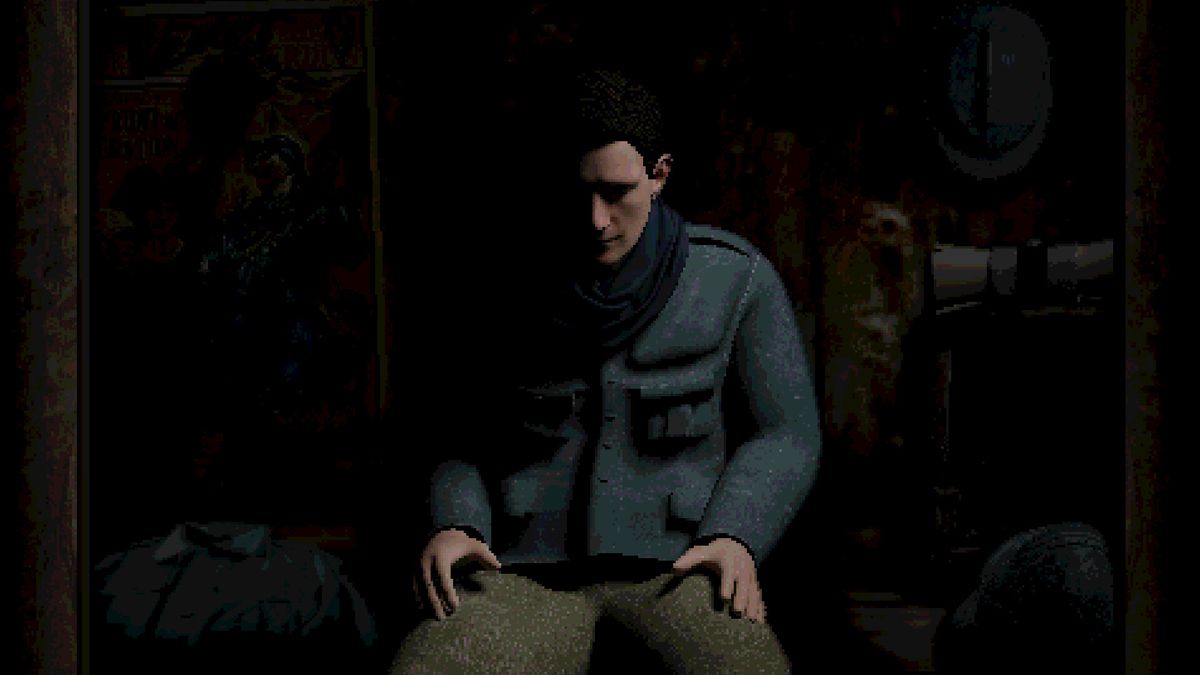
Conscript, the latest game from solo developer Jordan Mochi (aka Catchweight Studio), is a survival horror game indebted to the inspiration of such series as Resident Evil and Silent Hill, though the game’s creator wholly resists the temptation to rely on supernatural or sci-fi tropes in crafting this game’s own tableau of terrors. Instead, Conscript is an unvarnished portrait of the horrors of trench warfare, mustard gas, and getting the top of your skull caved in with the business end of a trench shovel.
The game is set during the Battle of Verdun, the longest battle in World War I, which claimed more than 700,000 lives. Players assume the role of André, a French infantryman conscripted to fight against the German army alongside his brother, Pierre. After being separated from Pierre following an enemy raid on their encampment, André must brave the dangers of a base overrun by enemy soldiers in a mission to reunite with Pierre and safely return home. But, as resources dwindle and the German opposition grows increasingly more belligerent, André is forced to resort to ever more desperate acts of violence in order to survive.
From my initial play-through of the first hours of Conscript on my Steam Deck, my biggest lasting impression of the game is how impeccably well-conceived its premise is. Mochi’s game pares down the survival horror mechanics of the early Resident Evil and Silent Hill games and tweaks them in service of this game, framing the player’s actions from a top-down perspective that follows them as they worm through the maze-like passages of a war-battered trench outpost.
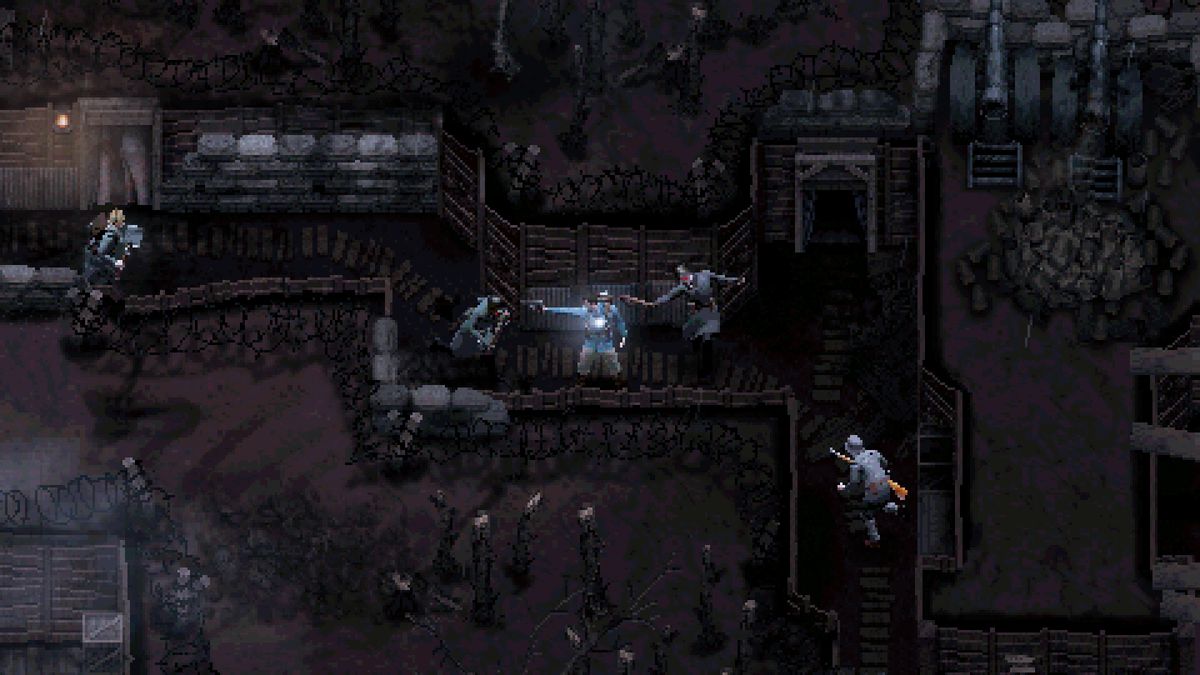
Bullets whiz overhead as mortar shells explode on screen, collapsing trench tunnels and maiming unfortunate nearby infantrymen. Enemies squirm over barbed wire partitions and charge at the player, bludgeoning them with knives and shovels or ventilating them with rifle fire. The pace of moment-to-moment combat is at once deliberate yet frantic, forcing the player to scavenge for ammunition and weapons pilfered from the bodies of comrades and adversaries alike. Every weapon — be it a shovel, a dagger, a rifle, or a shotgun — requires the player to hold the left trigger to ready their attack, aiming the direction of their attack using the left joystick, and unleashing their wrath with a press of the right trigger. Ammunition is scarce, so every shot counts; melee weapons degrade, so every blow now may come at the cost of rendering yourself vulnerable to an enemy later.
The game’s approach to signposting the player’s objective through the winding trench tunnels and underground caverns is relatively hands-off, leaving them to instead intuit how best to advance through the game. Players can do this by checking their map and systematically eliminating each of the many paths afforded to them as they progress through the story in search of the protagonist’s brother. While this might sound frustrating at first, it’s absolutely in service of the game’s goal to immerse the player in the type of tense, moment-to-moment decision-making inherent to trench warfare.
[embedded content]
There are no monsters to speak of in Conscript, insofar as there aren’t any lumbering monstrosities like Resident Evil 2’s Nemesis or Silent Hill 2’s Pyramid Head. Or, at least, not any that I’ve encountered in the two-or-so hours of the game I’ve played so far. There are only humans: scared, cold, angry human beings who want nothing more than to go back home to their families and friends just as badly as André does. The nature of war, however, as well as the game itself, means that many of these characters will never live to see that happen.
Sometimes, after I’ve finished beating an enemy, I’ll loot their body for ammo or bandages, only to recover a photo of strangers or an unfamiliar house. I will never know the names of these people or these places; the game offers nothing in the way of explanation for what these mementos meant to the soldiers who clung to them in the final moments before their deaths. André still collects them, though. For what reason, I cannot say. Perhaps it’s to remind himself that, in spite of everything he has done or will go on to do, he is still human, and though he may have done only what he had to do to survive, it doesn’t change the fact that each and every anonymous, impersonal act of murder on the battlefield amounts to a deeply personal, intimate tragedy somewhere else.
Conscript was released July 23 on PlayStation 5, PlayStation 4, Windows PC, Xbox One, and Xbox Series X. The game was reviewed on Steam Deck using a pre-release download code provided by Team17. Vox Media has affiliate partnerships. These do not influence editorial content, though Vox Media may earn commissions for products purchased via affiliate links. You can find additional information about Polygon’s ethics policy here.
